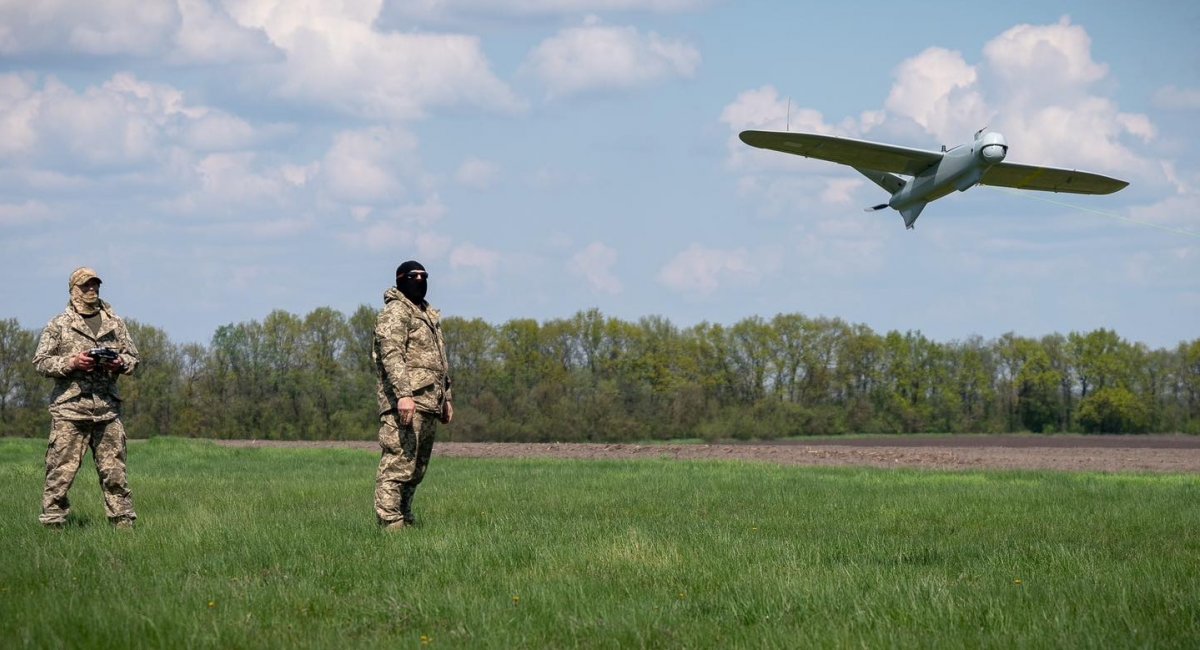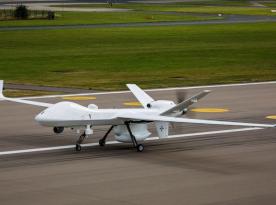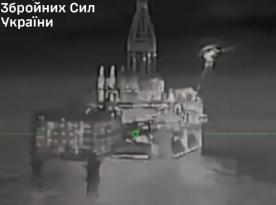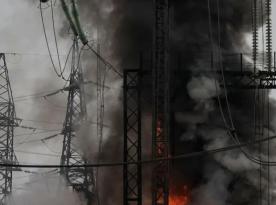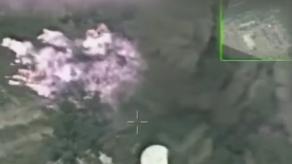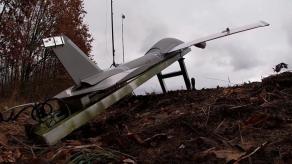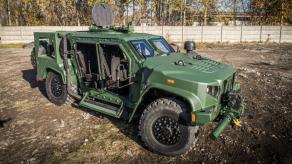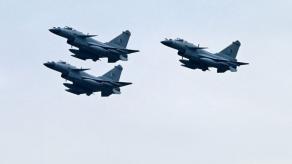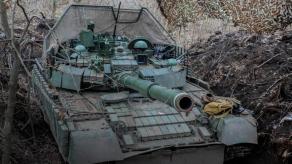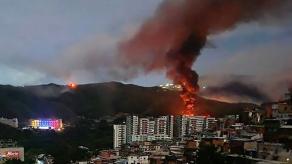The Ukrainian Defense Forces currently utilize various domestically made drones, including the Leleka-100 reconnaissance unmanned aerial system from the DeViRo company.
Denys Cherednichenko, co-owner of DeViRo, shared some interesting details about the training of drone operators in an interview with Defense Express.
Read more: DeViRo’s Leleka-100 UAS Officially Inducted into Ukrainian Army
According to Cherednichenko, the training program for operators is multi-level. When cooperating with the volunteers and charities, the future operators undergo training exclusively at DeViRo's training center. Meanwhile, for official supplies and services to the Armed Forces of Ukraine, the company collaborates with state-owned training centers.
As mentioned, DeViRo operates a certified training center of its own, authorized by the State Aviation Administration of Ukraine, therefore drone pilots receive state-standard certificates, acquiring the military occupational specialty of choice.
"The training program, approved by the State Aviation Administration, spans a calendar month. In the process, the pilots-operators cover theoretical aspects, practical aspects related to drone control itself, and also basic skills for its combat use. Our the training program caters for all levels, enabling the specialist to be useful after receiving his [unmanned aerial] system," Cherednichenko assured.
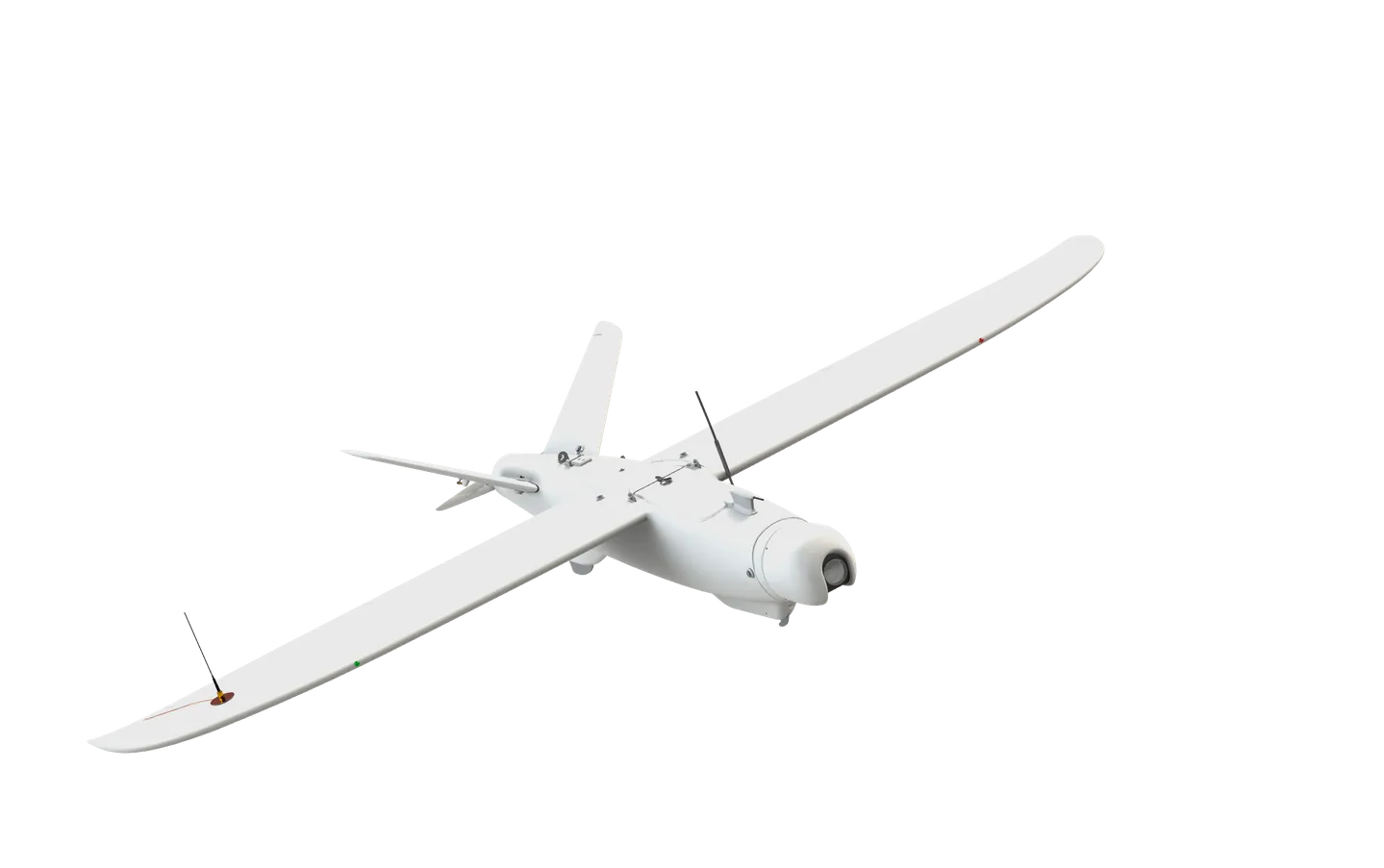
One critical concern is whether the pace of operator training aligns with drone production rates. DeViRo representative notes that the waiting list for training is scheduled 1–1.5 months ahead. With the assistance of state training centers, the training process can generally keep up with production volumes.
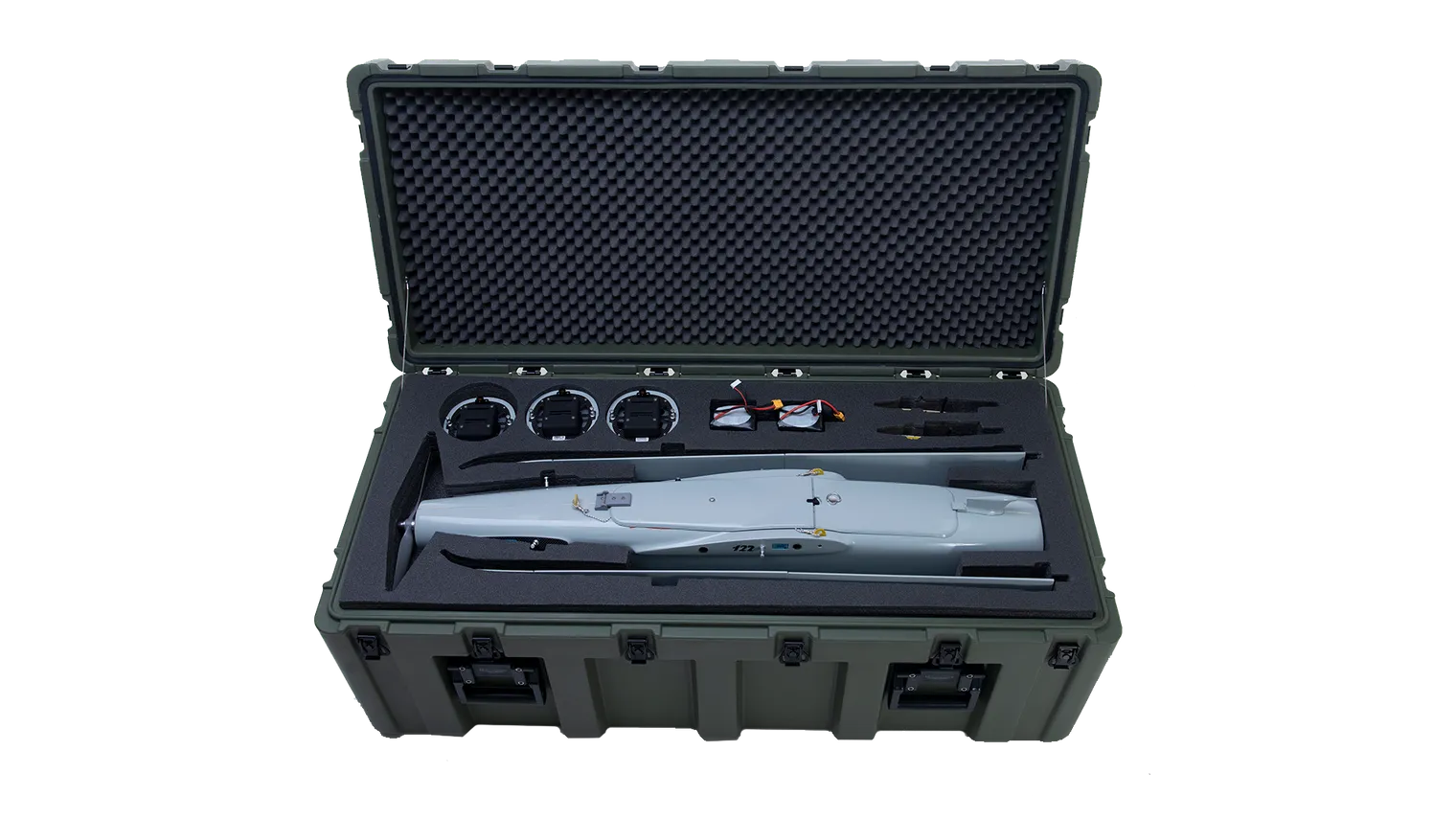
There's also a nuance. After operators are trained in state-run centers, DeViRo invites them to its training center to familiarize themselves with the latest changes in the drone, both in software and hardware, for optimal battlefield use. The company also invites instructors from state training centers to update them on UAS changes and elevate their proficiency.
Regarding state training centers, Cherednichenko highlights issues related to equipment, primarily due to damage during soldiers' training. The unpredictability of required drone numbers makes it challenging to meet demands in advance. DeViRo's special training drones offer an advantage as they can be quickly repaired within a day or two, while state training centers need more time.
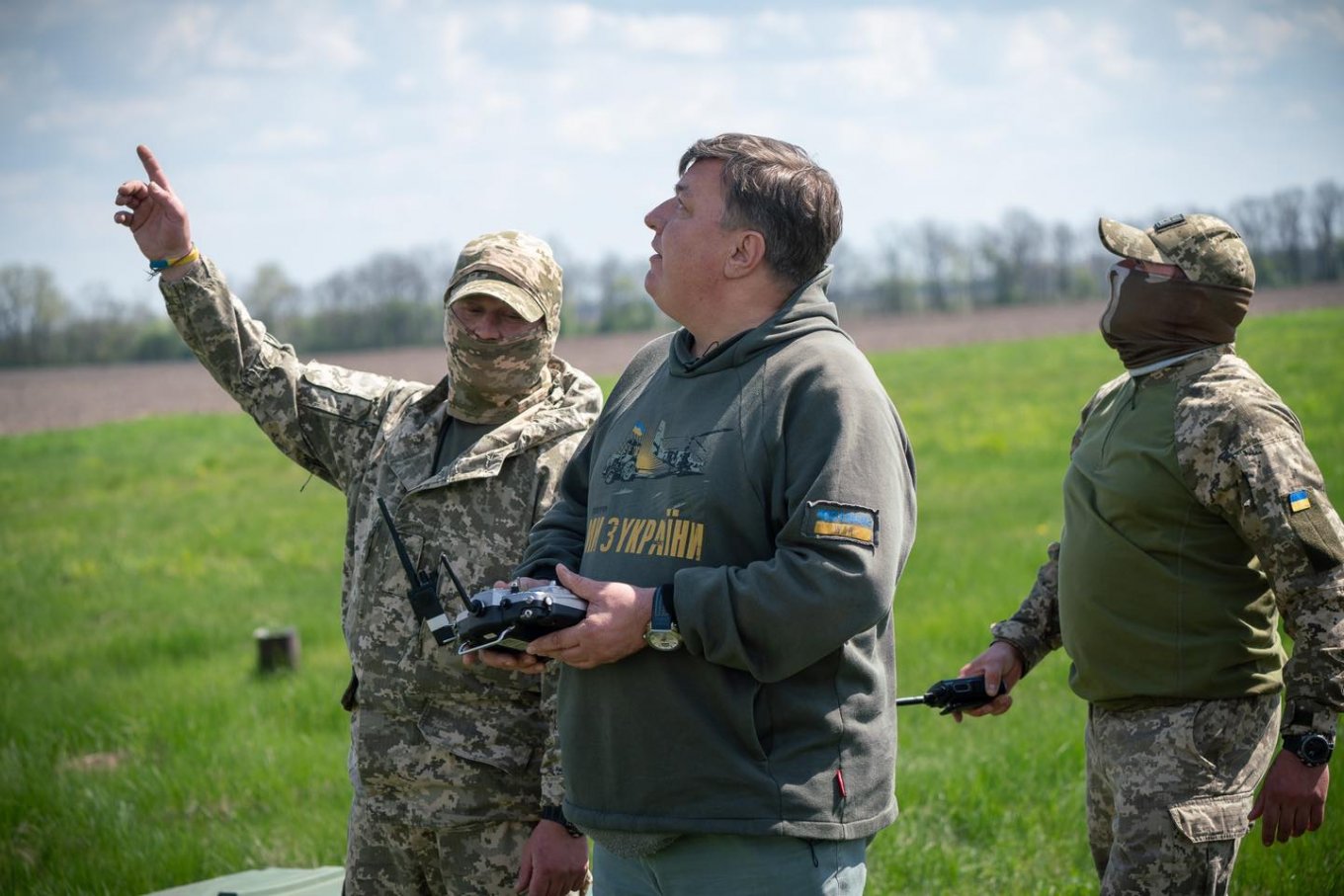
The spokesman stressed that DeViRo is striving to make their training program as adaptive as possible, so that in the end operators can best implement the acquired skills on the battlefield:
"We throw out all the unnecessary parts, and give them the knowledge people need specifically so they can use the equipment effectively, as safely as possible for themselves, and so they can do it with minimum accidents," Cherednichenko said, implying unintentional loss of control or a piloting error that could lead to losing the aerial vehicle.
Read more: Leleka LR – a New Drone for Reconnaissance and Artillery Fire Adjustment



